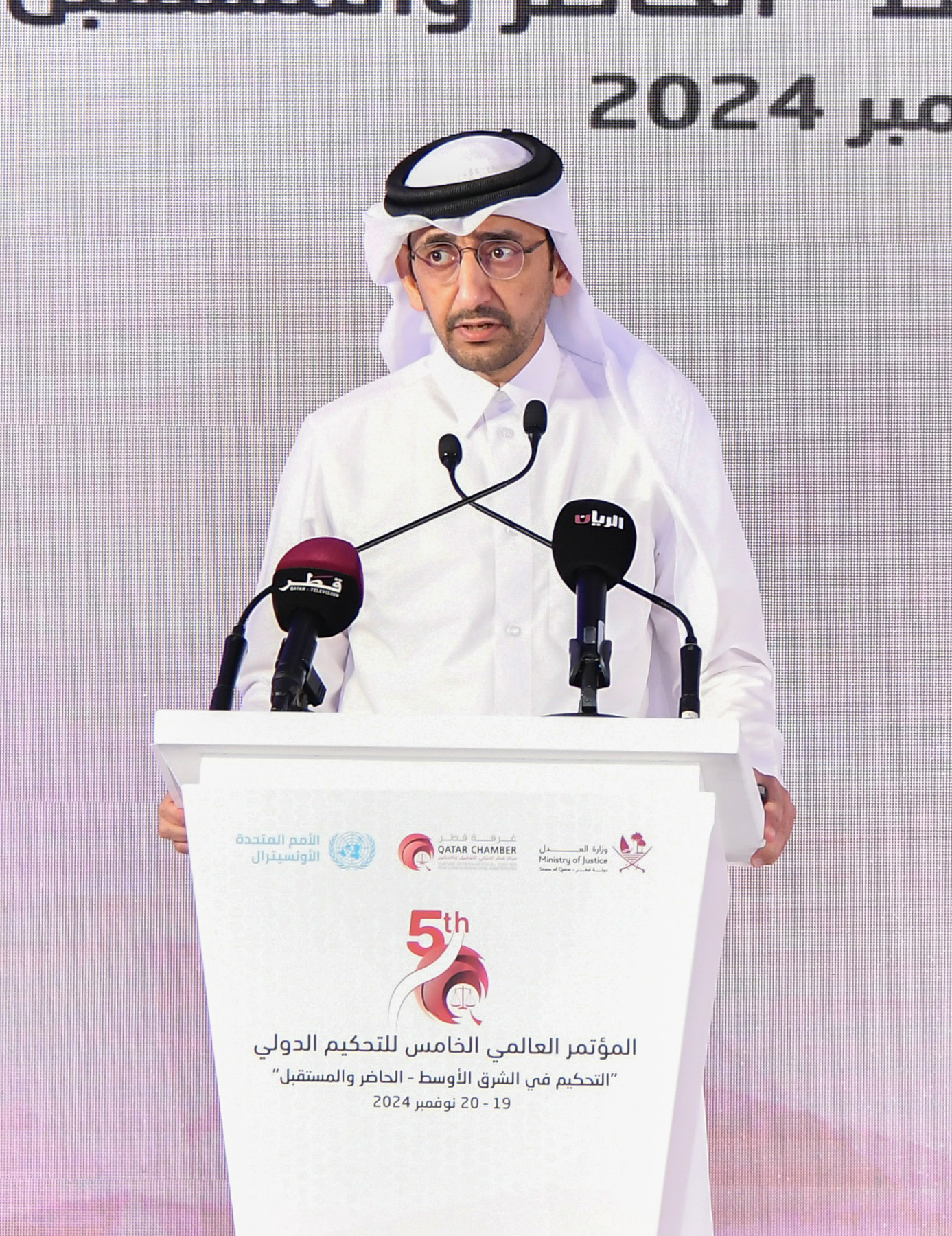 In the latest prominent example of why the sponsorship system in Qatar is very very bad, an Arab American businessman has gone public with his tale as an “economic hostage” here.
In the latest prominent example of why the sponsorship system in Qatar is very very bad, an Arab American businessman has gone public with his tale as an “economic hostage” here.
Nasser Beydoun, a 46-year-old executive, husband and father, launched a website Friday to raise attention about his situation. Beydoun served as CEO of the Wataniya Restaurants group from 2007 until the end of 2009, resigning after the global downturn caused business to sour.
Beydoun has been trying to leave Qatar ever since, but Wataniya refuses to grant him an exit permit. The company’s Qatari owners are suing Beydoun for $13 million, accusing him of mismanagement and overpaying himself.
“I just want to get out of here,” Beydoun told the Detroit Free Press in a phone interview this week.
But unless somebody throws wasta his way, Beydoun will remain in Qatar until at least December, when he’s scheduled to appear in court.
The newspaper said Wataniya did not respond to requests for comment.
The Dearborn, Mich. resident isn’t the only victim of Qatar’s sponsorship system, which the prime minister himself has criticized as a form of modern-day slavery – and that was way back in 2007.
Since then, Bahrain has abolished its kafala system so that expats can enter and leave the country on their own free will. And this year, Kuwait has modified its process to expand workers’ rights.
Sadly, Qatar has backpedaled on promises to change its system, announcing this week that it is shelving all plans pending the outcome of Bahrain and Kuwait’s experiments.
So for now, expats should look to Beydoun as a cautionary tale about the power their sponsors hold over them. In his words:
You cannot leave without your sponsor’s OK. You can’t rent a house. You can’t open a checking account. You can’t get a driver’s license. … And if you get into a legal issue with them, they have the home field advantage.







